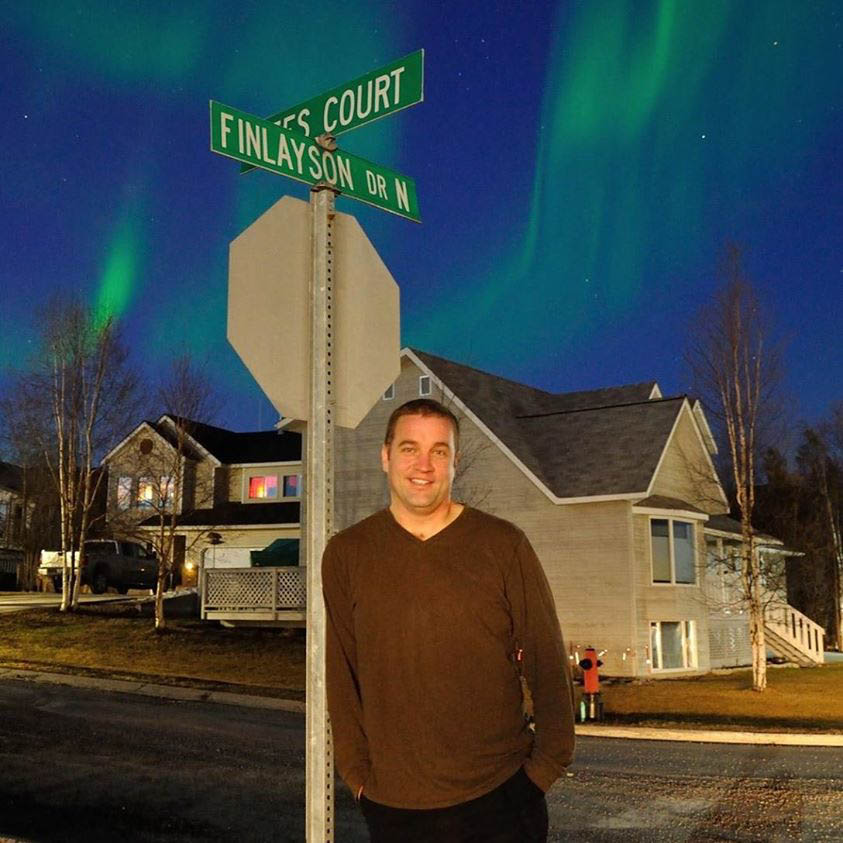
Most Canadians know the story of the gold rush in our country’s far north more than a century ago. But a rush to find a ring that was lost in the Yellowknife River — not so many.
The wedding ring that slipped off Elycia Monaghan’s finger while she was swimming in the river had an extra meaning. It was an heirloom in the family of her husband, Patrick.
While the chances of finding it may have been something like the proverbial needle in a haystack, the odds were about to become better.
The couple heard that a local scuba diver named Jeremy Macdonald was active in finding lost items in the river. He knew the chances of finding the ring would be much better if Elycia could identify the location where she entered the Yellowknife. She did that and went one step further. She told him the number of strokes she swam before the ring fell off her finger.
Another break was that the riverbed near the shore was gravel. It took less than 10 minutes for Macdonald to find the ring.
Canada’s three-year Klondike Gold Rush that began in 1896 attracted about 100,000 prospectors. A few became rich but most went home with little or nothing to show for their efforts. More than 100 years later, Elycia Monaghan and Jeremy Macdonald had experiences that money cannot buy. Monaghan saw her cherished wedding ring recovered despite the long odds against it. Macdonald experienced the gratification of finding and returning the ring to the person to whom it meant so much.





